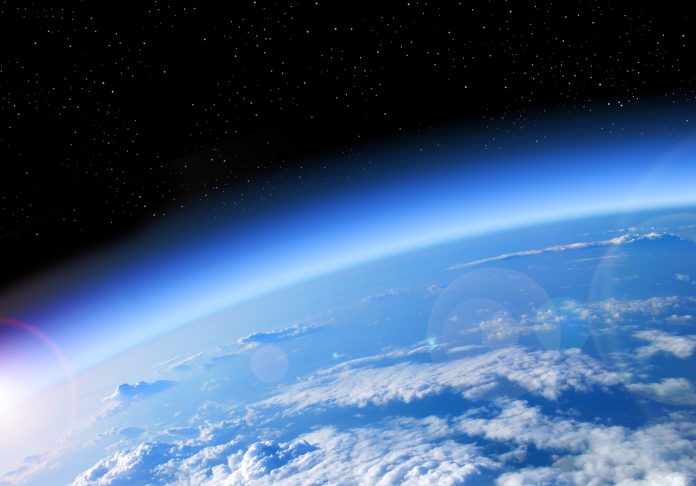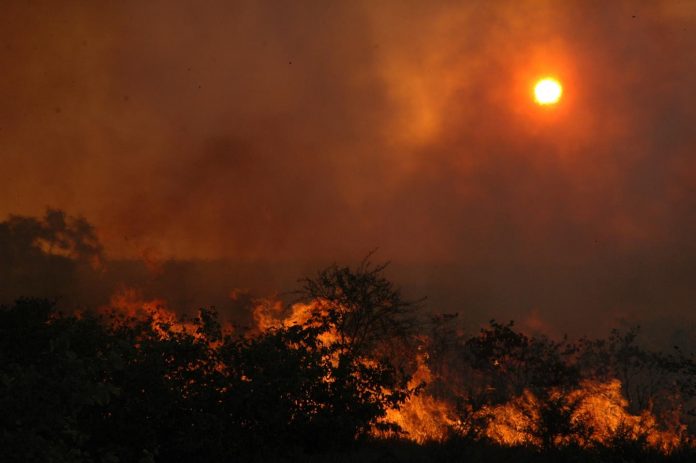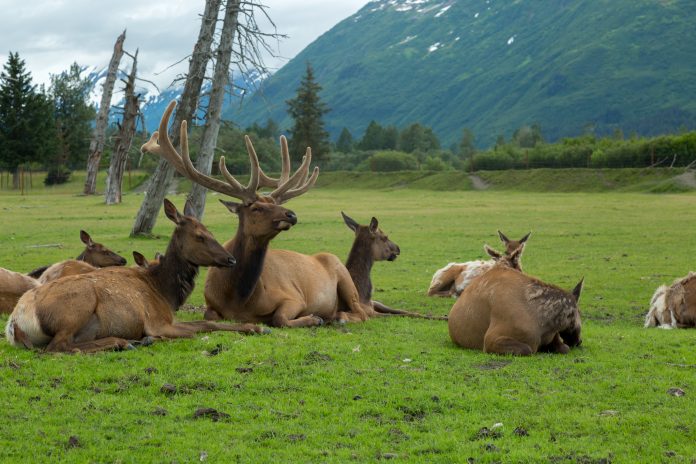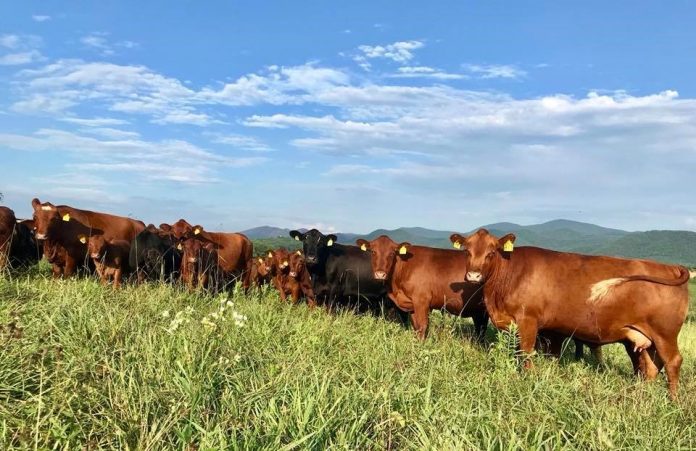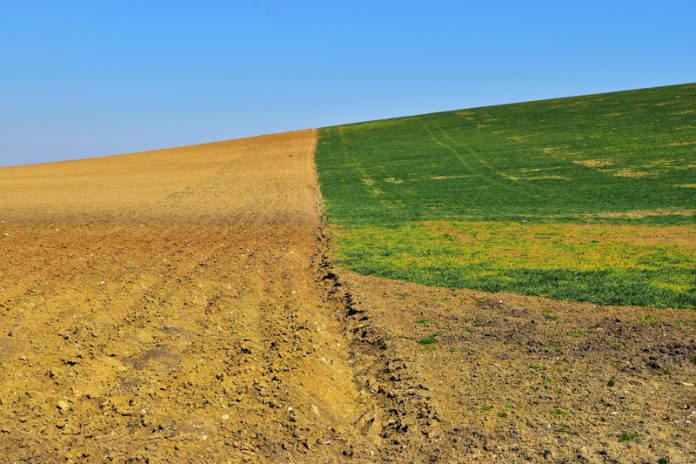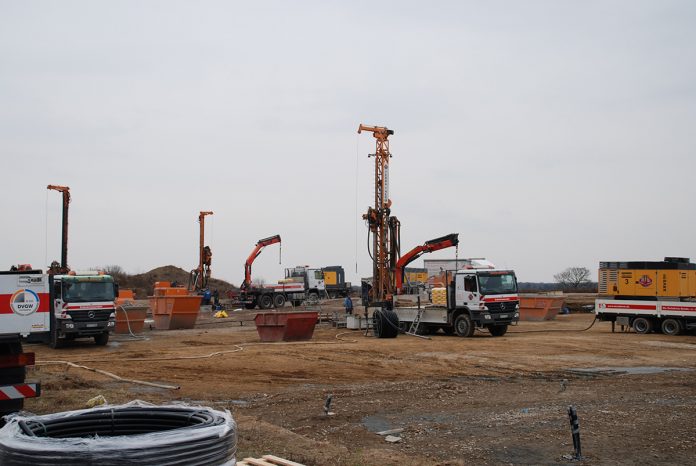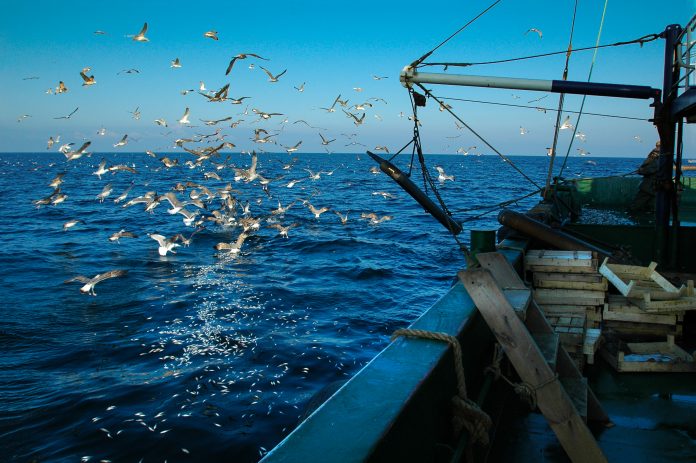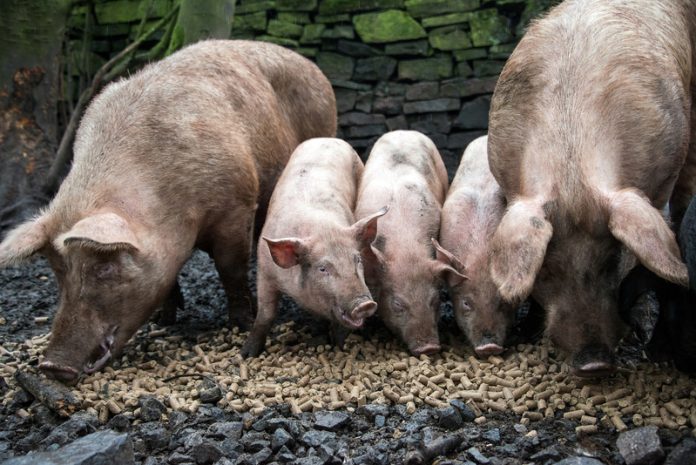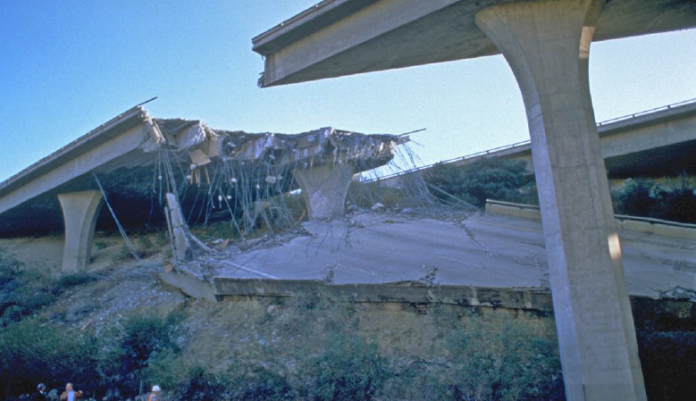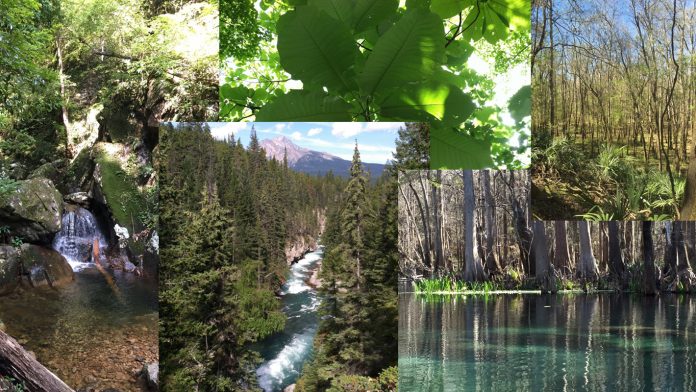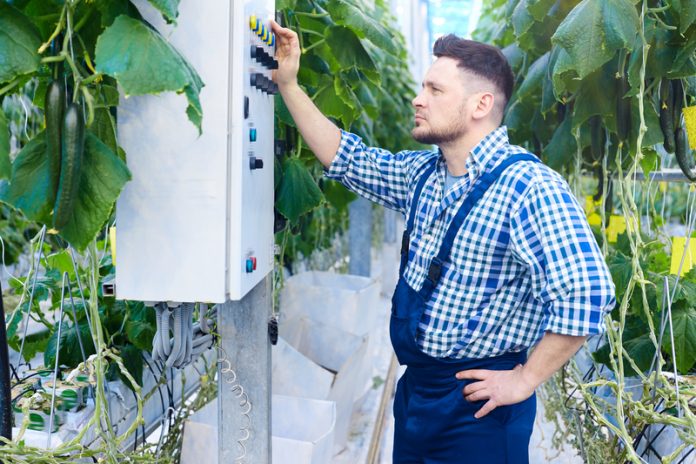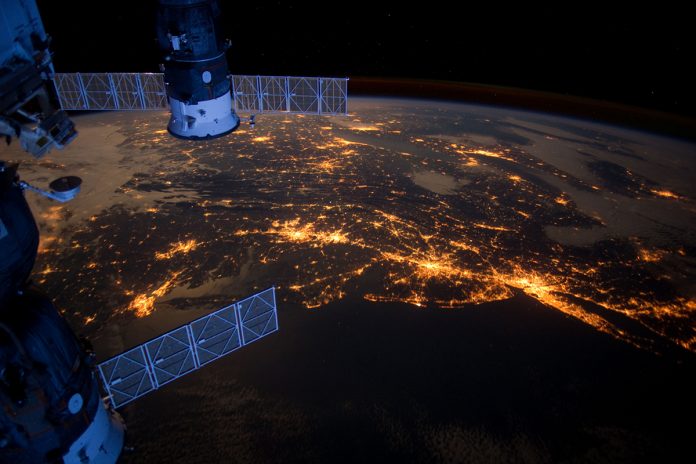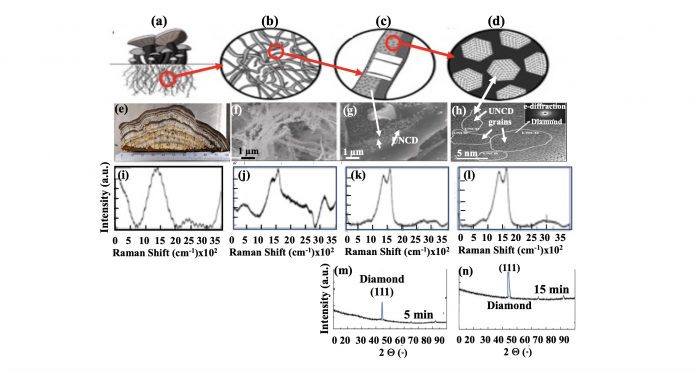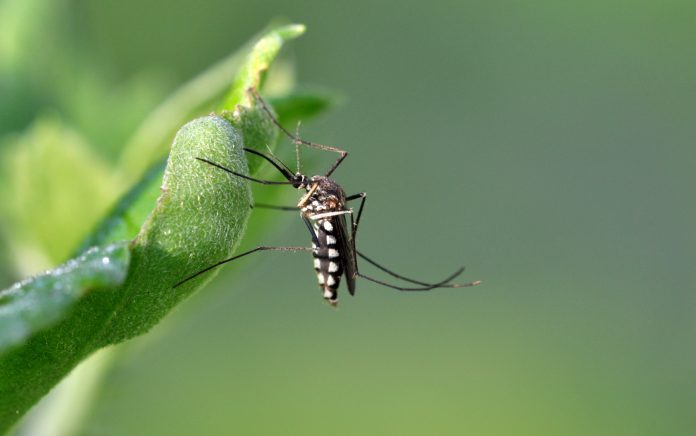Open Access Government produces compelling and informative news, publications, eBooks, and academic research articles for the public and private sector looking at health, diseases & conditions, workplace, research & innovation, digital transformation, government policy, environment, agriculture, energy, transport and more.
Home Search
earth systems - search results
If you're not happy with the results, please do another search
ACTRIS: Atmospheric observations for excellence in Earth science
Giulia Saponaro, ACTRIS Communication Officer, charts atmospheric observations to achieve excellence in Earth science.
Scientists calculate the impact of wildfires on global ecosystems
After going through decades' worth of data, scientists at the University of Cambridge explain the impact of wildfires on global ecosystems - from carbon dioxide emissions to the resilience of trees.
Saving Earth’s biodiversity through a story revolution
The WILD Foundation’s President, Vance Martin and Vice President of Policy and Communications, Amy Lewis, highlight the important and often forgotten role of storytelling and community organising to encourage conservation.
Astronomers discover a planet the size of Earth
Astronomers have discovered a new planet the size of Earth in the Milky Way, which does not orbit any host star.
Sustainable agroecosystems: Facilitating transition to a healthier environment, and healthier and more resilient agricultural...
Sustainable agroecosystems: Facilitating transition to a healthier environment, and a healthier and more resilient agricultural communities.
Sustainable agroecosystems: Agriculture needs to be the Foundation for a Sustainable Future
Richard Teague, from Rangeland, Wildlife and Fisheries Management, Texas A&M University discusses the importance of soil and agriculture.
Shallow Geothermal Energy Systems: A green way forward
Jordi Albacete, Communications Officer from the EU-project GEOCOND explains what we need to know about Shallow Geothermal Energy Systems towards a more sustainable future.
Earthquake monitoring in Taiwan: Current status and future perspective
Deputy Director of the Seismological Center Central Weather Bureau (CWB) in Taiwan, Nai-Chi Hsiao, explains the current status and future perspective of earthquake monitoring in Taiwan.
How EU decisions affect fish, the ocean and life on earth
Rebecca Hubbard, Programme Director of the Our Fish campaign, reveals precisely how EU decisions affect fish, the ocean and life on earth.
Smart Agri-Systems: A resilient future for pig farming
Research at the University of Leeds provides innovative, systems-based solutions to help the UK pig farming industry navigate future challenges to resilience.
UK to face dangerous solar wind and find Earth-like planets
New £7 million funding will ensure UK scientists play a leading role in a new space weather mission and finding Earth-like planets, Science Minister Chris Skidmore announced on the first day of British Science Week.
Quick earthquake alert notification for disaster risk reduction in Taiwan
Deputy Director of the Seismological Center Central Weather Bureau (CWB) in Taiwan, Nai-Chi Hsiao, explains how the country’s quick earthquake alert system provides notification when it comes to ensuring disaster risk reduction.
The USGS Earthquake Hazards Program explained
William Leith, Senior Science Advisor for Earthquake and Geologic Hazards at U.S. Geological Survey (USGS) explains the important aspects of the USGS Earthquake Hazards Program.
Fusion energy: Global procurement to build a star on earth
Laban Coblentz, Head of Communication, ITER provides an overview of fusion energy, focussing on the first industrial-scale fusion reactor
Biodiversity: The extraordinary variety of life on Earth
Pamela S. Soltis, Director of the University of Florida Biodiversity Institute provides a fascinating analysis of her department’s research on biodiversity – that is, the extraordinary variety of life on Earth
The importance of world food production systems: Healthy food for all people
The importance of reviewing world food production systems for mankind is examined by Horticulturist at the Swedish University of Agriculture, Håkan Sandin in terms of the need for humanity to eat more healthy food and to produce it in a way that does not harm nature
Space technology: how space benefits life on earth
M F Warrender highlights how space technology plays an integral role in society and how NASA invests in technology development
Indoor Positioning Systems – We know where you are
Jim Sinopoli, Managing Principal at Smart Buildings LLC highlights the benefits for Indoor Positioning Systems…
Studies have found that people spend 80-90% of their time indoors, so it’s no surprise that one of the most promising technologies for buildings is Indoor Positioning Systems (IPS). An IPS simply locates objects and...
Pioneering biomass transformation to unique multifunctional/ biocompatible ultrananocrystalline diamond (UNCDTM)
O. Auciello's group atThe University of Texas-Dallas is developing a new revolutionary low-cost microwave plasma pyrolysis process, implemented in a kitchen microwave oven, for biomass transformation.
How will a changing climate affect the future of vector borne diseases?
With a changing climate, animal, insect, and plant species will either adapt or die under new environmental and climate conditions - this brings new challenges in the study of vector-borne infectious diseases.

